Evolving policies in the face of climate change: BGS data can help
Climate change is increasingly recognised as a major challenge for organisations, with the need for adaptation driving a wave of policy updates and reforms across multiple sectors. BGS data holdings are relevant to many of these changes and the following examples outline how these data packages can be applied.
25/08/2023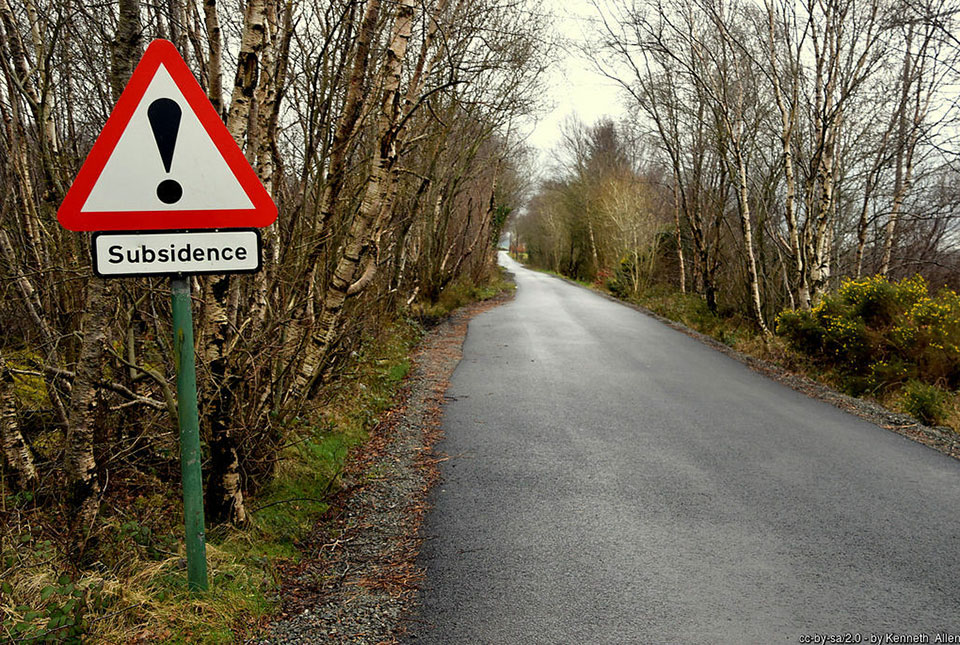
Financial stress tests
The Bank of England stress tests have been designed to ensure that banks, insurers and lenders are resilient enough to cope with severe economic conditions. In 2021 the 2021 Climate Biennial Exploratory Scenario (CBES) was carried out to test resilience against physical risks associated with different climate change scenarios.
BGS GeoClimate is our flagship climate change geohazard dataset which assesses the susceptibility of lithologies to shrink-swell subsidence considering different climate change scenarios.This allows organisations to assess their portfolios for potential future ground instability risks and develop mitigation plans accordingly.
In 2021 BGS GeoClimate utilised UKCP18 climate projection data to offer susceptibility projections for RCP8.5. In order to better support future stress testing and policy changes BGS is developing an additional BGS GeoClimate update which deploys EURO-CORDEX climate simulations to deliver shrink-swell subsidence susceptibility projections. This will include data for RCPs 2.6, 4.5 and 8.5. (Keep an eye out for our upcoming product launch and blog post aimed at demystifying climate projections.)


BGS GeoClimate video
Conveyancing regulations
Earlier this year the Law Society for England and Wales announced new guidance relating to climate change which placed the onus on solicitors to “advise on physical climate risks and how they impact real estate ownership and use”. BGS GeoClimate can play a key role in advising conveyancers and property search companies on potential future subsidence threats.
BGS GeoCoast is a coastal geohazard data package containing future coastal inundation scenarios and an assessment of the erodibility of the GB coastline. With sea levels predicted to rise into the future BGS GeoCoast is a powerful tool to satisfy policy requirements and identify properties which are likely to be impacted by these geohazards in the future. BGS GeoCoast has been specifically designed to be integrated with shoreline management plan areas to support local authorities in implementing their region-specific policies.


BGS GeoCoast video
National adaptation planning
The Department for Levelling Up, Housing and Communities ran a consultation period from December 2022- March 2023 regarding proposed changes to the National Planning Policy Framework. BGS responded to this consultation, a component of which focused on tackling climate change. The consultation made little mention of geohazards but stated that “Any changes needed for adaptation in the National Planning Policy Framework will include considering any changes required to reflect the third National Adaptation Programme, governments policy response to the latest assessment of UK climate risk.” Defra has since published the National Adaptation Programme (NAP3) which identifies 61 climate risks and opportunities, including geohazards such as:
- groundwater flooding and scarcity
- coastal erosion
- subsidence
- aquifer contamination from saltwater intrusions
- threats to soils and agricultural productivity
- river erosion.
BGS has compiled a breakdown of BGS digital datasets available to support sector specific climate change challenges and covers a host of geohazards, focusing on those identified by NAP3.
These include groundwater vulnerability datasets for England, Wales and Scotland and BGS GeoScour , a national river erosion susceptibility data package which identifies river beds and banks prone to erosion that is a valuable tool for any forward-looking assessment of threats to riverside assets and infrastructure.


BGS GeoScour video
More information
Although this is by no means an exhaustive list of either the evolving policies across all UK sectors or the BGS geoscience and datasets available to support their implementation, we hope that this has provided a useful insight into how BGS data holdings can be applied. If you would like to find out more or have a specific query please see our BGS geohazards and climate change position statement, which provides a review of current BGS geohazard-related activities that consider our changing climate within a UK context. You can also get in touch with the digital data team (digitaldata@bgs.ac.uk).
About the author

Rob Shaw
Geospatial data analyst
Relative topics
Related news
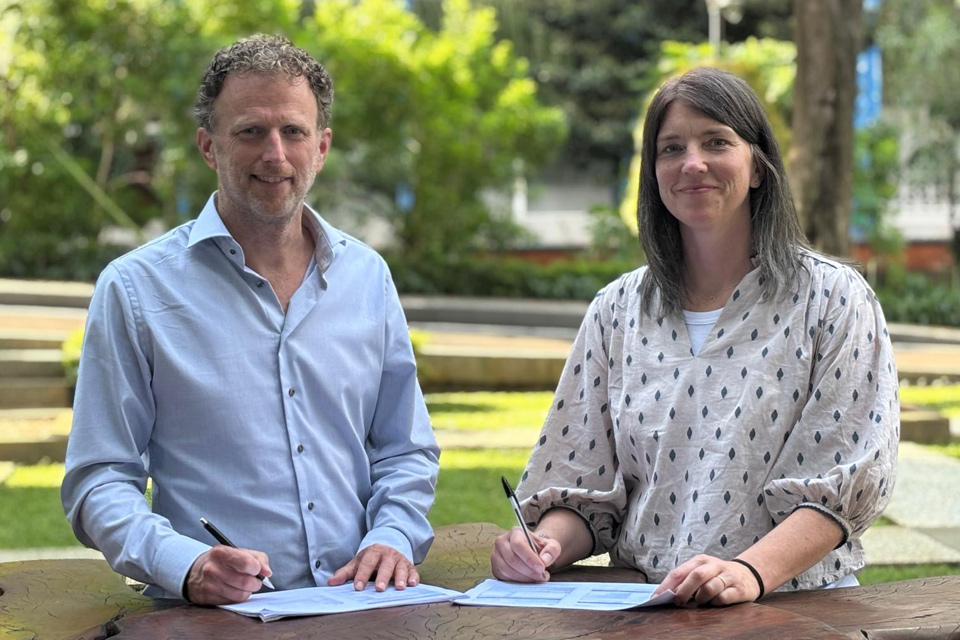
New collaboration aims to improve availability of real-time hazard impact data
19/06/2025
BGS has signed a memorandum of understanding with FloodTags to collaborate on the use of large language models to improve real-time monitoring of geological hazards and their impacts.

BGS digital geology maps: we want your feedback
29/05/2025
BGS is asking for user feedback on its digital geological map datasets to improve data content and delivery.

What is the impact of drought on temperate soils?
22/05/2025
A new BGS review pulls together key information on the impact of drought on temperate soils and the further research needed to fully understand it.
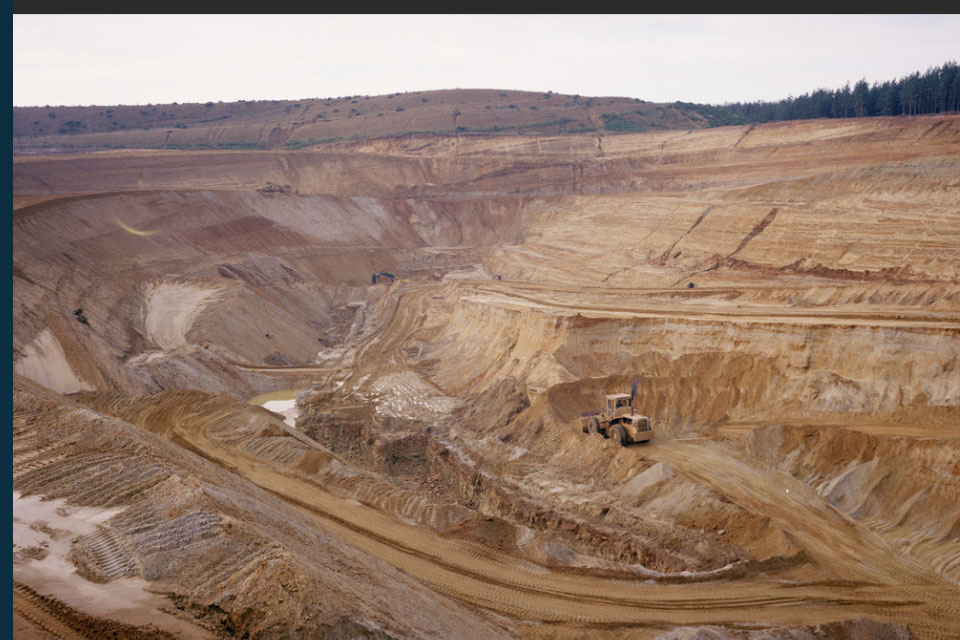
New data reveals latest mineral workings around Great Britain and Northern Ireland
01/04/2025
The newest release of BGS BritPits provides information on an additional 6500 surface and underground mineral workings.
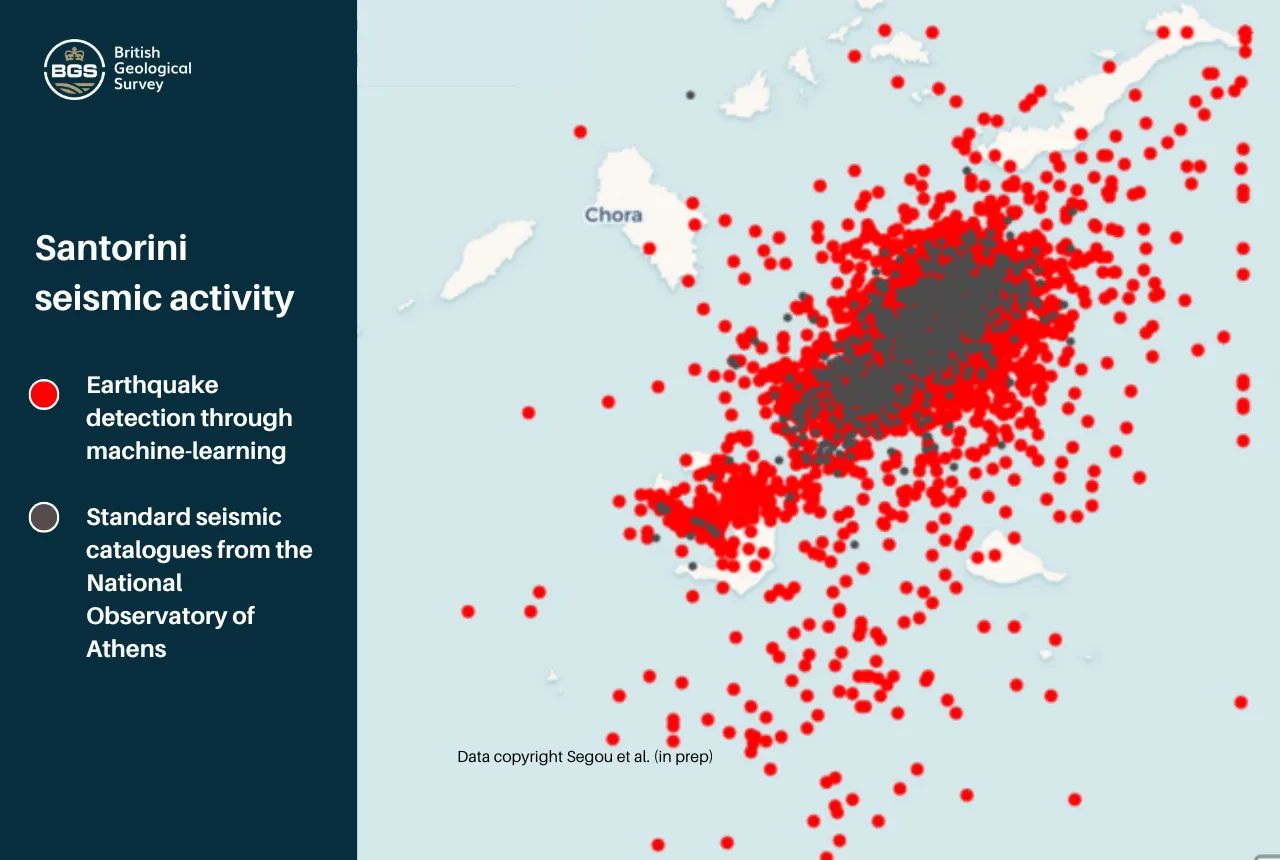
Artificial intelligence is proving a game changer in tracking the Santorini earthquake swarm
07/02/2025
Scientists are harnessing the power of machine learning to help residents and tourists by detecting thousands of seismic events.
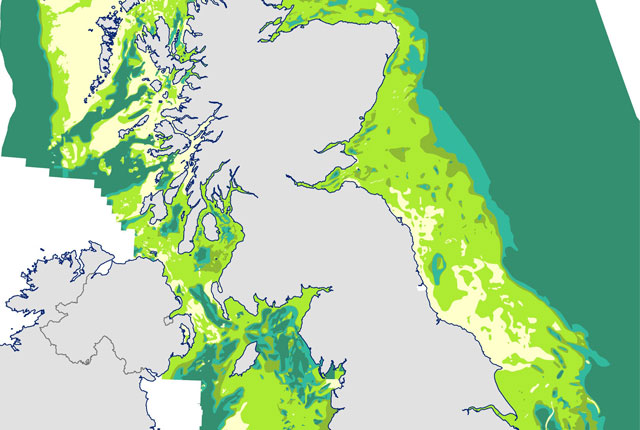
Seabed geology data: results from stakeholder consultation
31/01/2025
BGS collected valuable stakeholder feedback as part of a new Crown Estate-led initiative to improve understanding of national-scale seabed geology requirements.
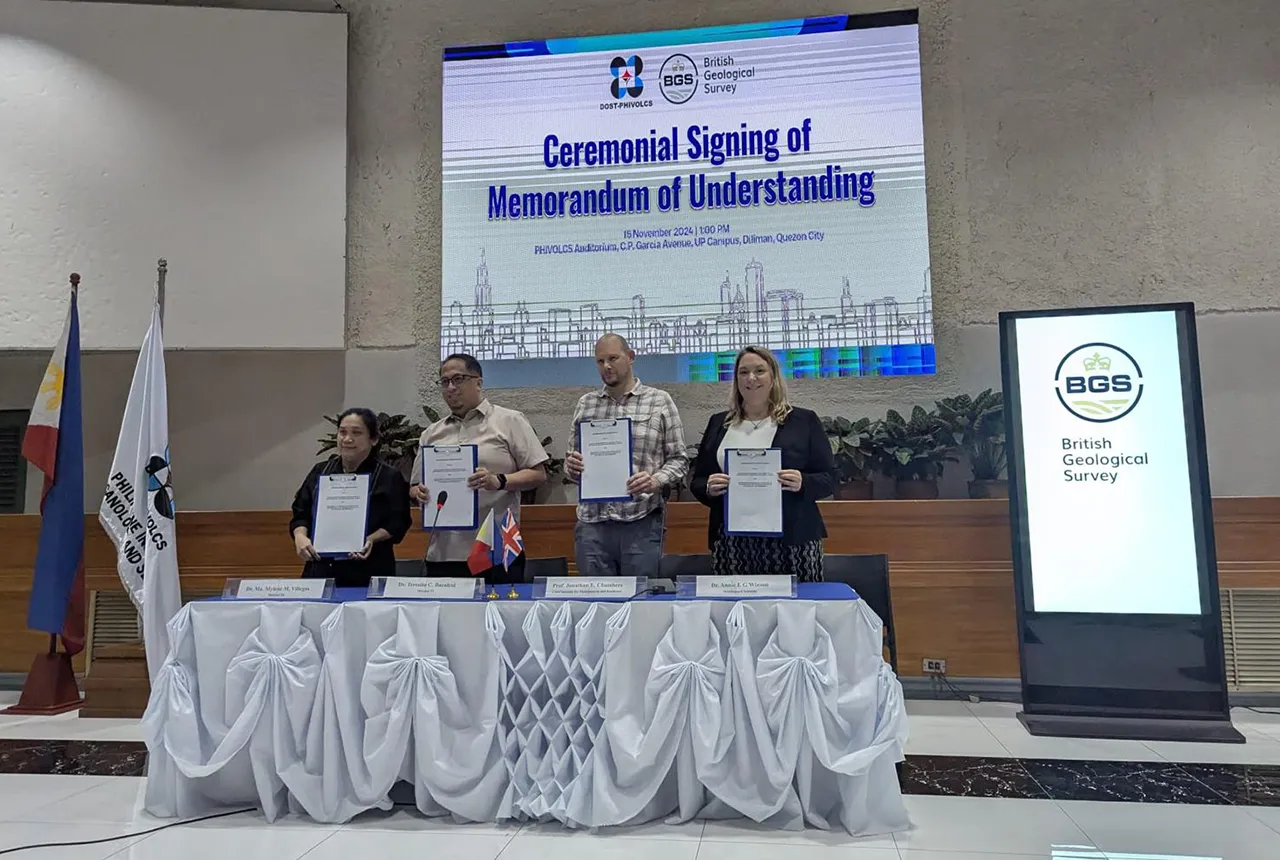
New Memorandum of Understanding paves the way for more collaborative research in the Philippines
21/01/2025
The partnership will focus on research on multi-hazard preparedness within the country.
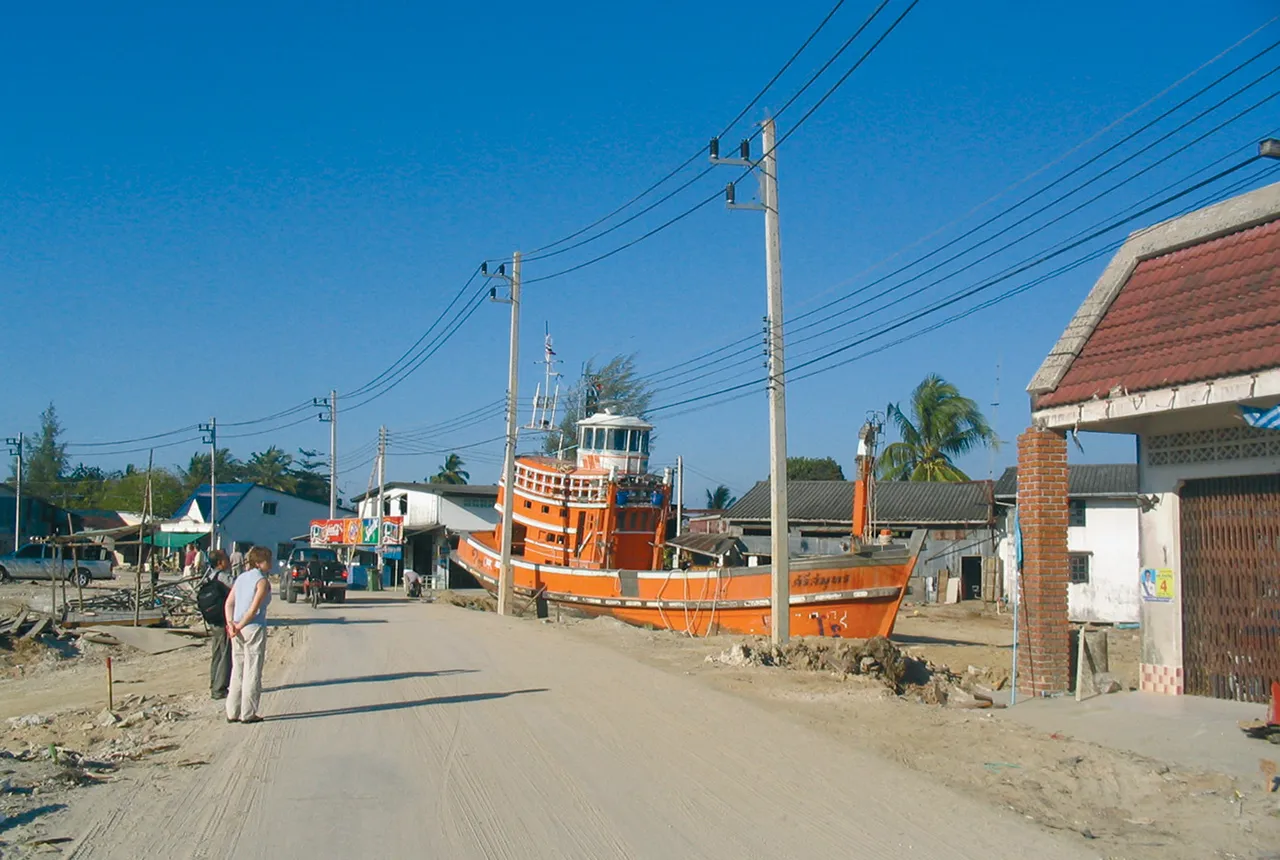
Twenty years on: the Indian Ocean earthquake and tsunami
26/12/2024
Boxing Day 2024 marks 20 years since the Indian Ocean earthquake and tsunami. Prof David Tappin reflects on the disaster and discusses what we have learnt since 2004.
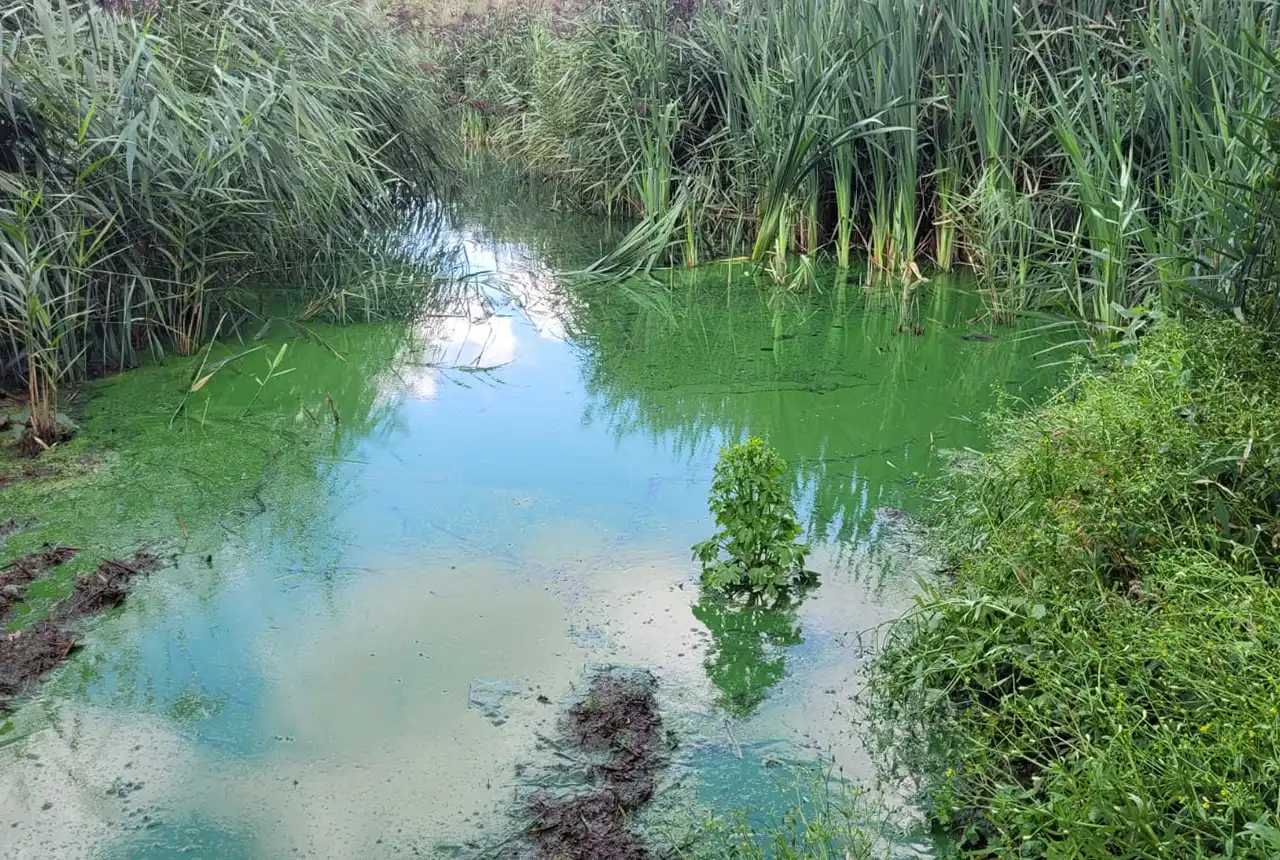
Studying oxygen isotopes in sediments from Rutland Water Nature Reserve
20/11/2024
Chris Bengt visited Rutland Water as part of a project to determine human impact and environmental change in lake sediments.
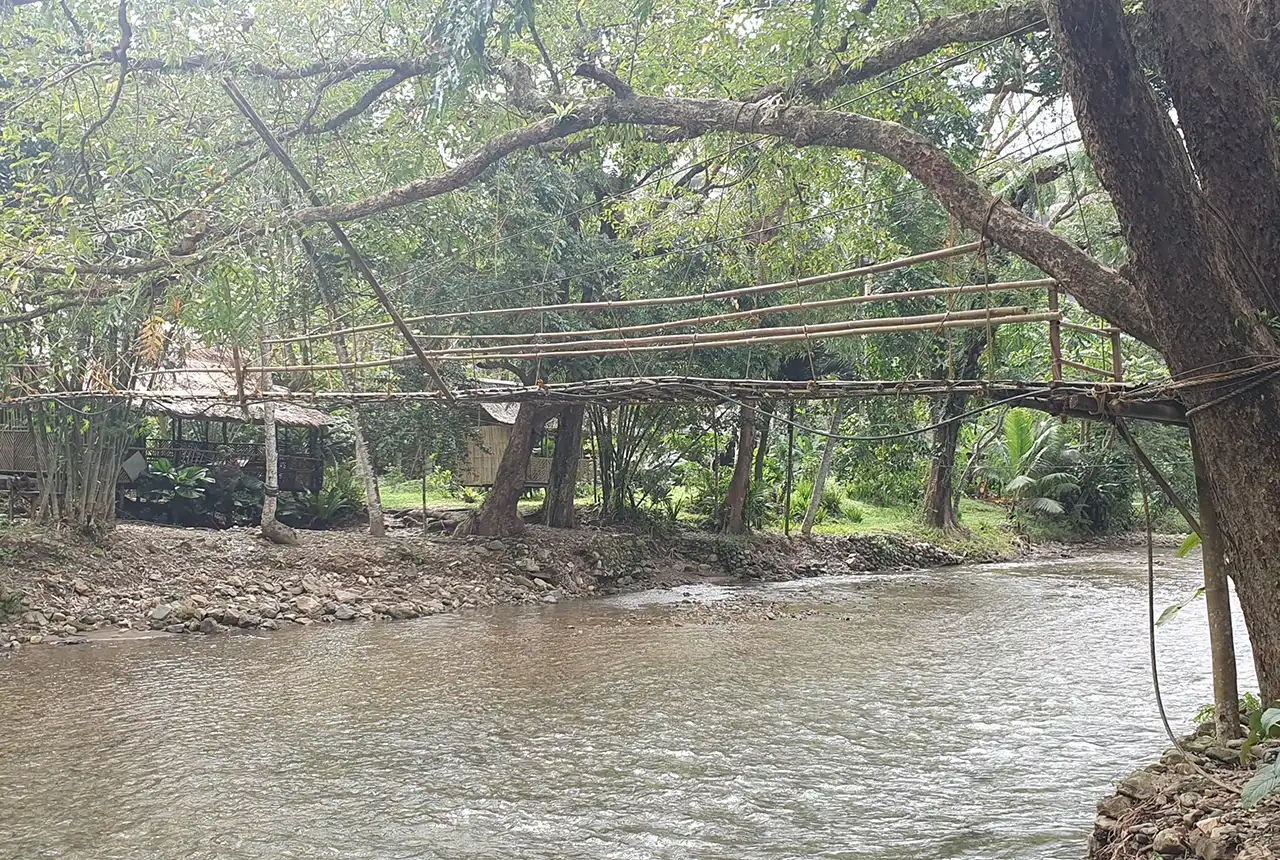
UK–Philippine partnership to help tackle the challenges of future water security in the Philippines
07/11/2024
New ‘hydrological hub’ to foster research and provide essential national water management datasets and tools.

Electromagnetic geophysics in Japan: a conference experience
23/10/2024
Juliane Huebert took in the fascinating sights of Beppu, Japan, while at a geophysics conference that uses electromagnetic fields to look deep into the Earth and beyond.
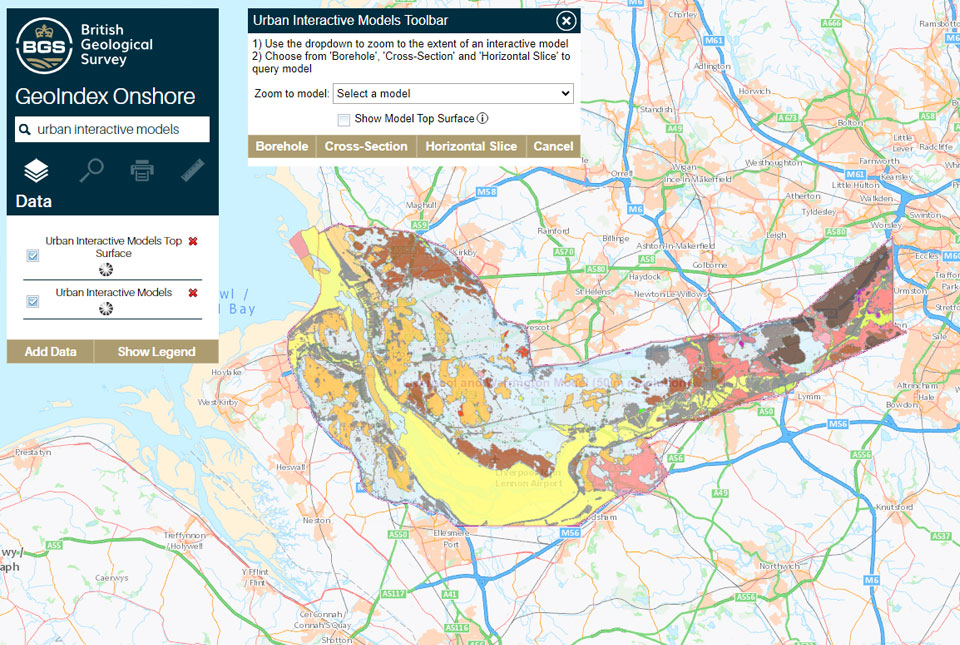
What lies beneath Liverpool?
11/10/2024
The geological secrets lying under the surface of Liverpool and Warrington have been unveiled for the first time in BGS’s 3D interactive tool.


